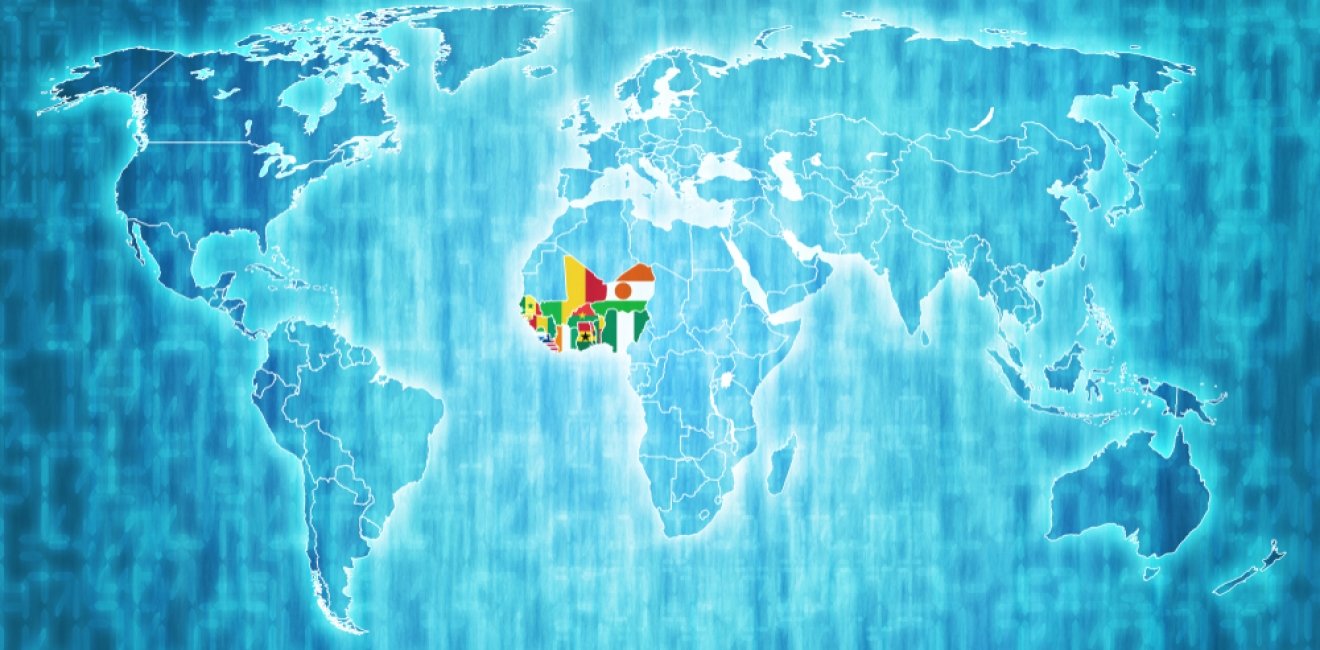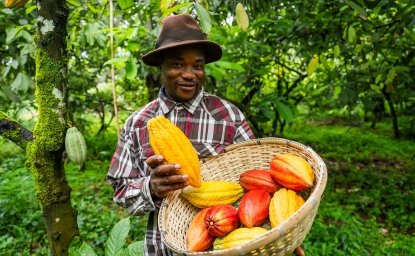
A blog of the Wilson Center

In the last four years alone, there have been seven military coups in West and Central Africa. Four of the countries experiencing coups are members of ECOWAS, a regional organization set up to promote stability and cooperation.
In August 2020, a group of Mali’s colonels led a coup against President Ibrahim Boubacar Kaita. In 2021, the military led a second coup against the interim president Colonel Bah Ndaw. Guinea experienced a coup in 2021, Burkina Faso in 2022, and most recently, Niger met the same fate when General Abdourahmane Tchiani seized power in July. Outside of West Africa, Chad and Sudan also experienced military coups in 2021.
Ever since the early days of their independence from European colonial rule West African countries have faced political and economic tensions that often threatened their progress and stability. The Economic Community of Western African States, known as ECOWAS, was established in 1975 as a response to these challenges. Its current members are: Benin, Burkina Faso, Cabo Verde, Cote d’Ivoire, The Gambia, Ghana, Guinea, Guinea-Bissau, Liberia, Mali, Niger, Nigeria, Senegal, Sierra Leone, and Togo.
The founders of the Economic Community of West African States wanted to create a large trading bloc that would facilitate self-sufficiency and cooperation among its member states in industry, transport, telecommunications, energy, agriculture, natural resources, commerce, monetary, and social and cultural matters. Before the current worrisome trend of instability, large scale conflicts had decreased and coup d’états had become less frequent throughout the 48 years of the group’s existence.
Recognizing a connection between the economic prospects of individual states and political stability and security in the region, ECOWAS formed a peacekeeping alliance, the Economic Community of West Africa States Monitoring Group, in 1990. The monitoring group established a toolbox of responses for “extra-constitutional changes” in member states. These tools include sanctions, membership suspension, and the deployment of peacekeeping forces.
ECOWAS is credited by many with enhancing economic growth and cooperation in the region, however it has fallen short in addressing challenges to democracy and governance. Economic sanctions, especially those imposed by countries with their own economic challenges and needs, simply do not have enough leverage to sway a leader vying to seize power for non-economic reasons. Additionally, deterrence can only work when tools are applied consistently and predictably. Despite numerous instances of insecurity and instability, ECOWAS has only sent a peacekeeping force seven times since it was created. Even with the recent spate of coups, the last time ECOWAS deployed a security/peacekeeping force was in 2017. That was in The Gambia, and the coup ended without violence. Like many multilateral organizations, ECOWAS operates largely by consensus—something hard to achieve when it comes to sanctions and military deployment across state lines.
If West and Central Africa have a history of instability, why are observers increasingly concerned by recent developments? In part, because the Niger coup created the world’s largest region of military rule, stretching from the Atlantic Ocean to the Red Sea. And while Niger is considered one of the six poorest states in Africa—which affected the political and economic stability of the entire West African region—it is suspected that the nearby and successful coups were the tipping point that led to the government’s overthrow. Since the Niger coup, Mali, Guinea, and Burkina Faso’s respective juntas have not only issued statements of support, they have also been authorized by coup leader General Tchiani to defend the junta in the event of aggression from other parties.
Observers have also raised the alarm because Niger’s coup challenges the conventional wisdom that reform-oriented, democratic governance are an antidote to coups and power grabs. Mali, Burkina Faso, and Guinea were all experiencing structural divides such as manipulated elections, constitutional referendums to extend terms, and jihadist-driven attacks. But Niger’s President Mahamadou Issoufou was making strides in improving democracy. He has complied with the two-term limit in office, reduced jihadist violence, expanded girls’ access to education, and seemed to listen to a range of voices.
There is another reason that the recent coups are getting more attention than they did in the past. Economic progress in a number of countries in the region means that those influential countries have much more at stake than ever before. Nigeria and other larger economic ECOWAS countries like Ghana, Cote d’Ivoire, and Senegal, recognize that instability in the neighborhood can be a contagion that threatens to disrupt their efforts to increase economic investment, trade, and opportunity.
They also fear that outside influences are making instability more dangerous. Since the coups in Mali and Burkina Faso, those countries have turned to the Wagner group to help provide security. Some fear that the new government in Niger might also turn to the Wagner group—a group known both for its brutality and its anti-democratic, anti-Western ideology—for support if they feel threatened. Wagner’s influence could well threaten the economic and political progress ECOWAS has worked so hard for.
In recent years, democracy in West Africa seemed to be on the rise—and strengthening. After all, in 2017 all 15 West African countries had constitutional, civilian-led governments. That’s no longer true. Whether this change is a momentary detour from democratic growth, or something more sinister, ECOWAS is right to be concerned.
This blog was researched and drafted with the assistance of Caroline Moody.
Author

Explore More in Stubborn Things
Browse Stubborn Things
Spying on Poachers

China and the Chocolate Factory

India: Economic Growth, Environmental Realities
